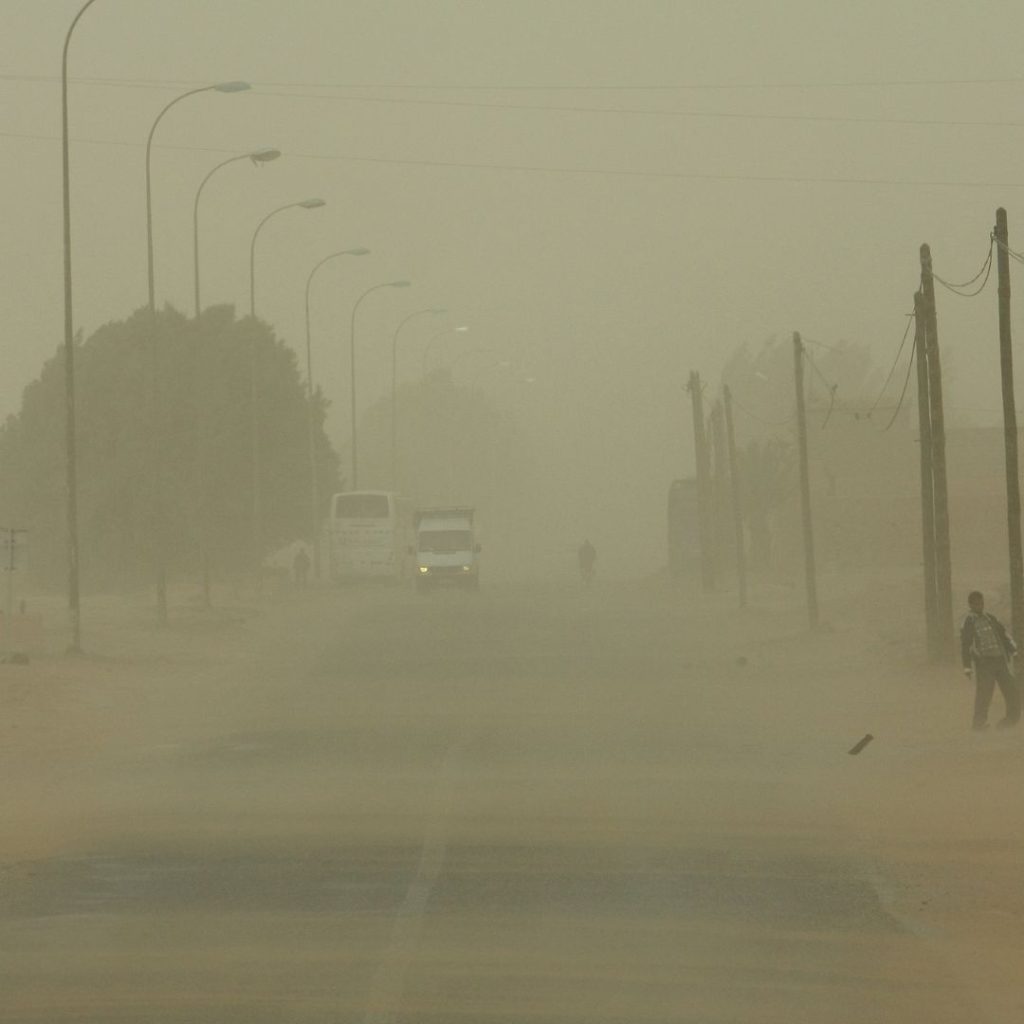Costs of the climate crisis significantly higher than those of tackling it

The effects of the climate crisis, such as rising water levels, droughts, heatwaves, storms and heavy rainfall, are leading to massive economic losses worldwide. How high can the annual damage to the global economy caused by global warming be estimated? This question is the subject of a recent study by the Potsdam Institute for Climate Impact Research (PIK), which has now been published in the journal "Nature". It concludes that the costs of the climate crisis are six times higher than the costs of combating it. Furthermore, we must expect a drastic loss of income.
The authors of the study conclude that the global economy will experience an average 19% reduction in income by 2050 compared to a baseline scenario without climate impact, regardless of future emissions decisions. This means that despite measures to reduce emissions, the global economy will shrink by around a fifth by the middle of the century. The annual damage worldwide is estimated at around 36 trillion euros, with up to 56 trillion euros predicted without suitable climate protection measures. For comparison: according to Statista, global GDP in 2023 amounted to around 104.5 trillion dollars, which corresponds to around 98 trillion euros.
Damage six times higher
"By the middle of the century, the damage will already be six times higher than the costs it would take to comply with the Paris Climate Agreement," says Leonie Wenz, climate researcher at PIK and co-author of the study. "In the second half of this century, they could be significantly higher still if climate protection is insufficient." The researchers were surprised by "these very clear economic incentives for more climate protection" as a result of their study.
These losses are mainly caused by changes in average temperature, but taking other climatic components into account increases the estimates by around 50% and leads to greater regional differences.
South Asia and Africa hardest hit
The losses vary depending on the region and affect low-lying regions the most, which have contributed the least to climate change and have the lowest incomes worldwide: "High income losses are projected for most regions, including North America and Europe, with South Asia and Africa being the hardest hit," writes Maximilian Kotz, one of the authors of the study. "These losses are caused by a wide range of economically relevant effects of climate change, such as consequences for agricultural yields, labor productivity or infrastructure."
The imbalance is "shocking", says Wenz: "The countries that are least responsible for climate change are likely to suffer income losses that are 60 percent higher than in the higher-income countries and 40 percent higher than in the countries with higher emissions."
The study's forecasts are based on a scenario in which global warming is limited to less than two degrees by the end of the century. We are currently a long way from achieving this with the measures taken to date and the United Nations' current climate protection plans are not sufficient to achieve this goal.
The calculation
The study uses empirical data from over 1600 regions worldwide over the last 40 years to project the impact on economic growth. This data was then combined with climate models and a forecast was made up to 2050. The selection of climate variables used follows the micro-level findings on
- the impact of average temperatures on labor and agricultural productivity
- of temperature fluctuations on agricultural productivity and health, and
- of precipitation on agricultural productivity, work results and flood damage
The accuracy of the data at sub-national level - in Austria, for example, at federal state level - meant that the cost of damage in this forecast is significantly higher than in previous studies. "We can show that taking these factors into account increases climate damage by around 50 percent," says Wenz in this regard.
Drastic immediate measures urgently needed
The expected costs are a consequence of the global warming that has occurred to date. "In addition, we must drastically and immediately reduce our CO2 emissions - otherwise the economic losses will be even higher in the second half of the century and will amount to a global average of up to 60 percent by the end of the century," warns Wenz.
"The forecast clearly shows that climate protection is much cheaper than doing without it, without taking into account non-economic effects such as the loss of human life or biodiversity," says the co-author. This is because the losses could be limited to 20 percent by 2100 with suitable, quickly implemented climate protection measures.
These findings emphasize the urgency of climate action and the need for global cooperation to mitigate the future economic and social impacts of climate change.






